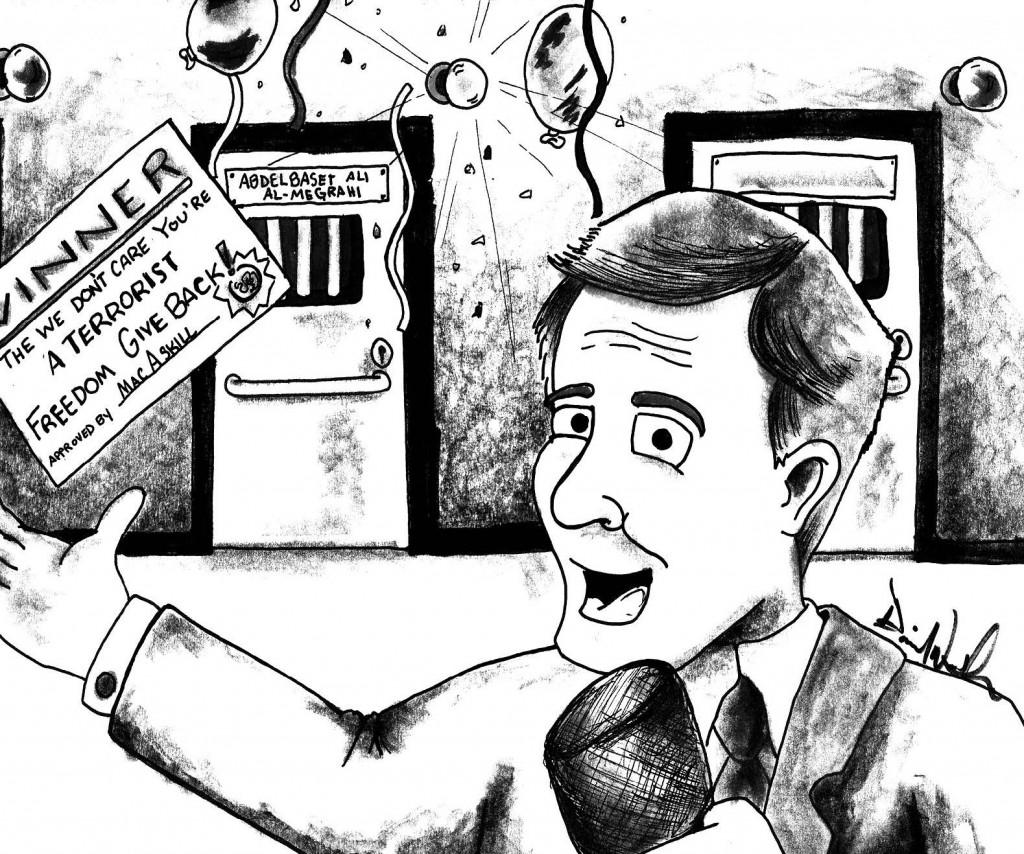By Steve Knight/editor-in-chief
The National Youth Orchestra of Iraq, the first orchestra of its kind in the country, performed its premiere concert Aug. 16 in the northern Iraqi Kurdish city of Suleymaniya.
The orchestra’s debut concert included Beethoven’s “Prometheus Overture,” Ali Khassaf’s “Iraqi Melodies,” M. Zaza Chakar’s “Kurdish Dances” and Haydn’s Symphony No. 99.
The orchestra, founded by Zuhal Sultan, a 17-year-old pianist from Baghdad, consists of 33 musicians hailing from Baghdad, Erbil, Suleymaniya, Ranya and Mosul.
“I want to unite young Iraqis from all over the country, who come from different ethnic and religious backgrounds and who have been separated from one another by the conflict,” said Sultan in a statement released from the British Council. “Through the National Youth Orchestra of Iraq, I want to encourage our young people to establish a dialogue with one another in music, to realize that we have it within ourselves to be strong and creative and, most importantly, to celebrate our identity as Iraqi musicians together.”
After seeking donations from organizations such as the British Council and American-based Musicians for Harmony, Sultan recruited conductor Paul MacAlindin to serve as the orchestra’s music director.
Despite the continuing violence in the war-torn country, the orchestra assembled for the first time Aug. 2 for its two-week school.
Even with the dangers of traveling and becoming targets of insurgents, these student musicians came together to do what we take for granted — make music.
Did it matter to the musicians or the audience how imperfect the performance was?
Did it matter if the notes were in tune or phrasing in place?
No! What did matter is that in a country torn apart by years of dictatorship, war, terrorism and civil strife, the concert went on and civilization prevailed — if only for one evening.
No trophies. No ratings. No first or second places.
They gathered and risked their lives to make music for the sake of making music, bringing normalcy to their country.
That’s a better version of shock and awe.
That is the real victory and should be what music-making is about.



























